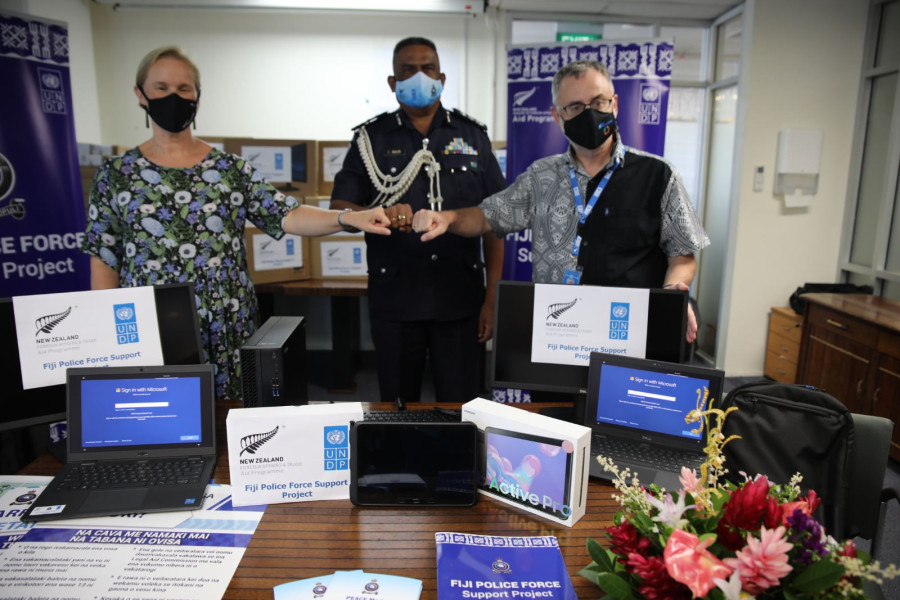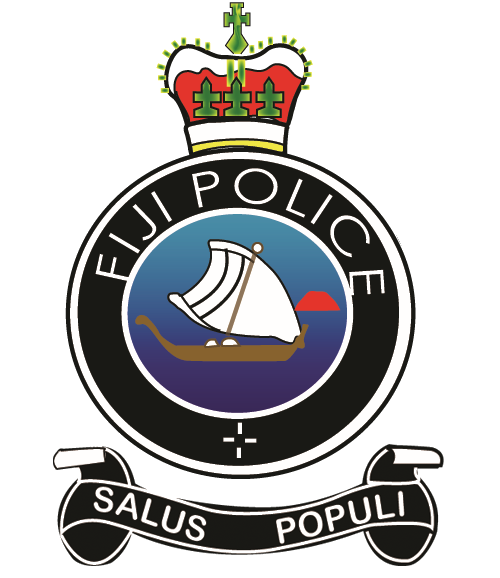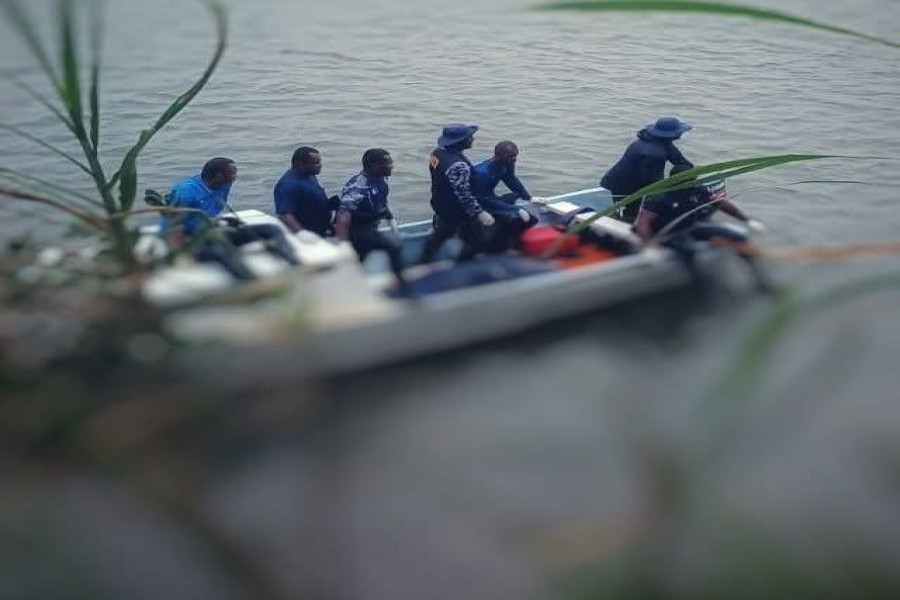Fiji Police Force receives boost with ICT equipment

Suva, Fiji – The United Nations Development Programme (UNDP) has provided Information and Communications Technology (ICT) equipment worth more than US$40,000 (approx. FJ$86,000) to the Fiji Police Force (FPF) yesterday.
The equipment was procured under the FPF Support Project with support from New Zealand.
The latest ICT equipment, which includes desktops, laptops and tablets, is part of an initiative aimed at strengthening the emergency response capabilities of FPF.
It will also help to modernize the system and provide better transparency to the process of detention and arrest.
The latest model of desktops and laptops will assist the Police Force in emergency response situations to be better equipped for the COVID-19 pandemic and other natural disasters.
The equipment will allow officers to collate, analyze and review data that is gathered during emergency response circumstances and enable the sharing of information for quick action throughout all relevant divisions.
In addition, the ICT equipment will enable the FPF to continue the First Hour Procedure and other essential services during restricted working conditions caused by those emergency situations.
FPF, in partnership with the Legal Aid Commission, has been implementing the First Hour Procedure to protect the rights of persons who are arrested or detained in the early stage of criminal justice proceedings guaranteed by the Fiji Constitution.
The tablets provided today will enable detained or arrested individuals to access lawyers through online platforms during the first hour of arrests or detention.
The adoption of the tablets as a pilot initiative demonstrates the innovative approach that is being made by the FPF to strengthen access to basic rights.
The Deputy Commissioner of Police, Mr. Itendra Nair was appreciative of the supply of the ICT equipment by UNDP through the FPF Support Project by emphasizing, “The new set of ICT equipment will boost our emergency response capabilities, expand on capabilities of the FPF to work remotely in times of crisis and allow officers to share and disseminate data as a mechanism for crisis management response” Mr. Nair added, “.
The equipment will also allow critical operations such as conducting the First Hour Procedure to continue even in the situations when timely physical access to lawyers is difficult in emergency situations.”
Overall, the provision of the ICT equipment will help to ensure that Fiji continues to uphold and comply with the UN Convention against Torture and Other Cruel, Inhuman or Degrading Treatment or Punishment (UNCAT).
The New Zealand High Commissioner to Fiji, Her Excellency Ms. Charlotte Darlow said, “New Zealand appreciates a deepened and long-standing security and justice partnership with Fiji.
I acknowledge the important improvement in the FPF operations enabled through the FPF Support Project in partnership with UNDP.”
“New Zealand is pleased to support the Fiji Police Force in areas that seek to strengthen ICT capabilities during times of crisis,” added Ms. Darlow.
Mr. Levan Bouadze, Resident Representative of the UNDP Pacific Office in Fiji said, “FPF has capacities and resources to carry out its mandate ensuring the delivery of justice to all Fijians.
UNDP, as a global UN development agency, promotes security sector governance, strengthening the capacity of FPF and the compliance with the human rights standards, through deploying perspective, expertise and technologies.”
During the presentation, printed posters were also handed over that inform people of their rights in three major languages used in Fiji and in a pictorial format when they are arrested or detained in the police stations.
The FPF Support Project aims to strengthen transparency, accountability and effectiveness of the Fiji Police Force, in collaboration with key justice stakeholders and civil society organizations.
Funded by New Zealand, the project supports FPF to strengthen early access to justice in criminal proceedings and strengthen a victim-centered approach to investigations with priorities on gender responsive and human rights-based approach to access to justice for vulnerable groups.
The project also seeks to support national and sub-national capacities for planning, coordination and crisis management.








